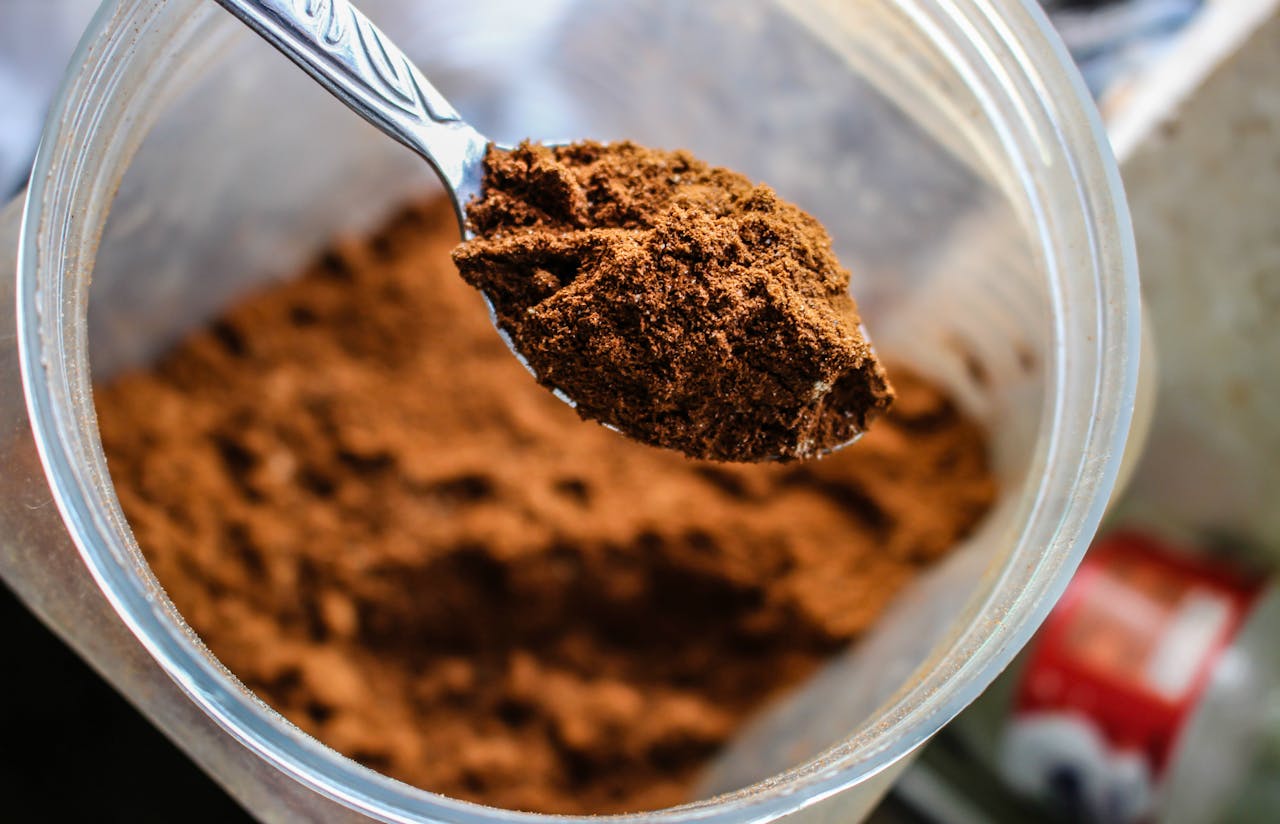In the quest for muscle building, weight loss, or simply ensuring adequate protein intake, many of us turn to protein powders for a convenient boost. Given its popularity, a common question arises: does protein powder expire? The straightforward answer is yes. Despite its dry form and long shelf life, protein powder isn’t immune to the effects of time. Typically, protein powders come with a shelf life ranging from 9 to 19 months. However, factors such as the type of ingredients and storage conditions can extend or shorten this timeframe.
Protein powders, like all food products, are subject to degradation over time. Understanding the reasons behind their expiration can help us better judge their usability and potential risks. Here’s what contributes to the expiration of protein powder:
- Degraded Protein: Proteins, being complex molecules, break down naturally over time. This degradation means the protein content in your powder may not be as potent past its expiration date.
- Rancid Fats and Additives: Many protein powders are enriched with fats, flavorings, and other additives that can spoil or become rancid, significantly impacting the product’s taste and smell.
- Moisture and Microbial Growth: Exposure to moisture can turn your protein powder into a breeding ground for bacteria and mold, posing health risks.
According to research, whey protein powders have a shelf life of 9 to 19 months under normal storage conditions, defined as 70°F and 35% humidity. Vegan proteins, such as hemp, pea, and soy, generally have a longer shelf life of up to two years, thanks to the absence of milk ingredients, reducing bacterial concerns. However, it’s crucial to store protein powder in cool, dry conditions to prevent spoilage. Storage in hot, humid conditions can significantly reduce the shelf life of protein powders, even before their listed expiration dates. A study highlighted by Gainful demonstrated that whey protein stored at 95°F in high humidity conditions showed noticeable degradation within nine months.
Furthermore, protein powders, being low-moisture foods, are generally less prone to bacterial growth, but improper storage can lead to spoilage, characterized by rancid smells, changes in color, clumping, and a bitter taste. While the FDA does not mandate expiration dates for supplements, many brands voluntarily include them to guide consumers on quality expectations. It’s essential to rely on sensory indicators such as smell and appearance over printed dates to determine if the protein powder has gone bad.
Identifying Expired Protein Powder
Relying solely on the expiration date might not be the best approach to determine if your protein powder is still good to use. Here are some tell-tale signs that your protein powder has gone bad:
- Funky Smell: An off-putting, rancid smell is a clear indicator of spoilage.
- Unusual Texture: Lumps or clumping suggest that moisture has compromised the powder.
- Bitter Taste: A degraded protein or additives can cause a bitter taste.
- Visible Mold: The presence of mold is an unequivocal sign that the protein powder should be discarded immediately.
Is Consuming Expired Protein Powder Safe?
While consuming slightly expired protein powder is generally not harmful, it’s certainly less pleasant and potentially less effective. Here’s what you need to know about the safety of consuming expired protein powder:
- Generally Unpleasant, Not Dangerous: Consuming protein powder that’s just past its expiration date is unlikely to cause serious illness, but the experience may be far from enjoyable.
- Potential for Stomach Upset: Degraded ingredients can lead to digestive discomfort, including bloating and gas.
- When in Doubt, Throw it Out: If your protein powder exhibits clear signs of spoilage, it’s safest to dispose of it and replace it with a fresh container.
Maximizing Shelf Life of Protein Powder
To ensure your protein powder remains effective and safe to consume for as long as possible, consider the following storage tips:
- Store in a Cool, Dry Place: Heat and sunlight can accelerate the degradation process, so keep your powder in a cool, dry environment.
- Use an Airtight Container: Proper sealing is crucial to keep moisture and air out, which can spoil the powder.
- Consider Refrigeration: For some types of protein powder, refrigeration post-opening may extend shelf life by preventing spoilage.
In conclusion, while protein powder does expire, proper storage and attention to the signs of spoilage can help you make the most out of your supplement. Always prioritize safety and quality to ensure your health and fitness goals are supported by products that are both effective and safe to consume.

